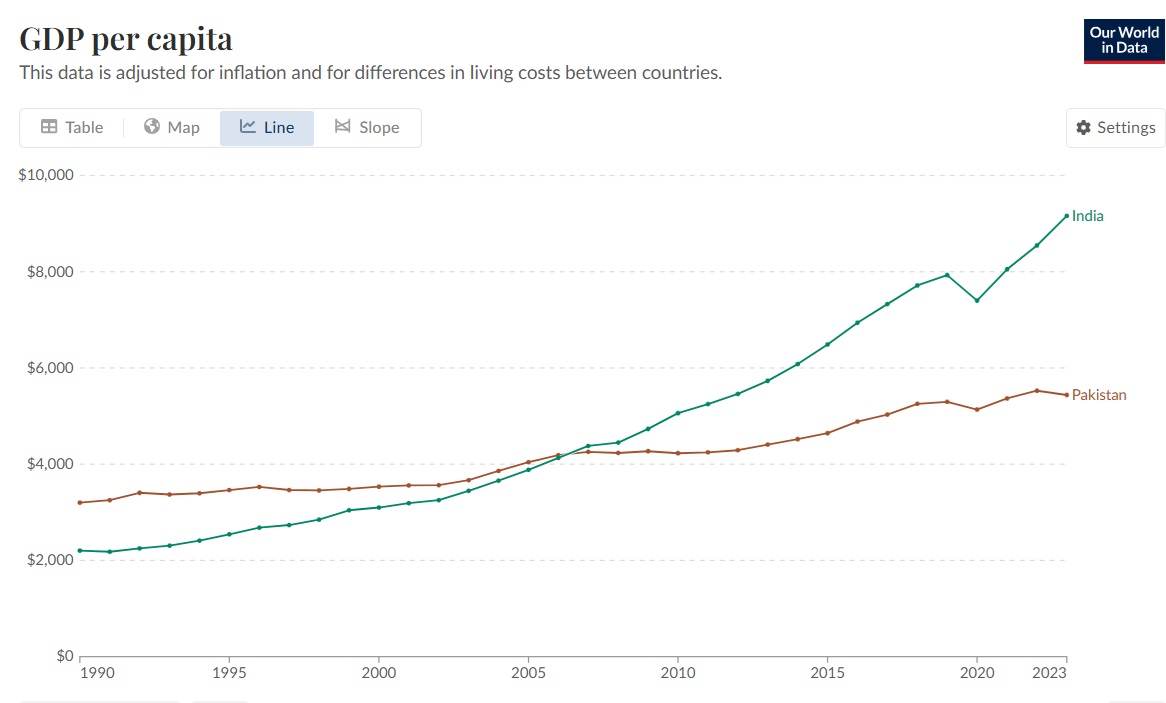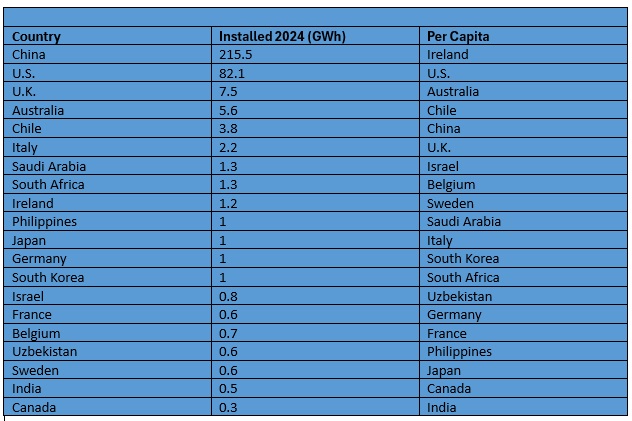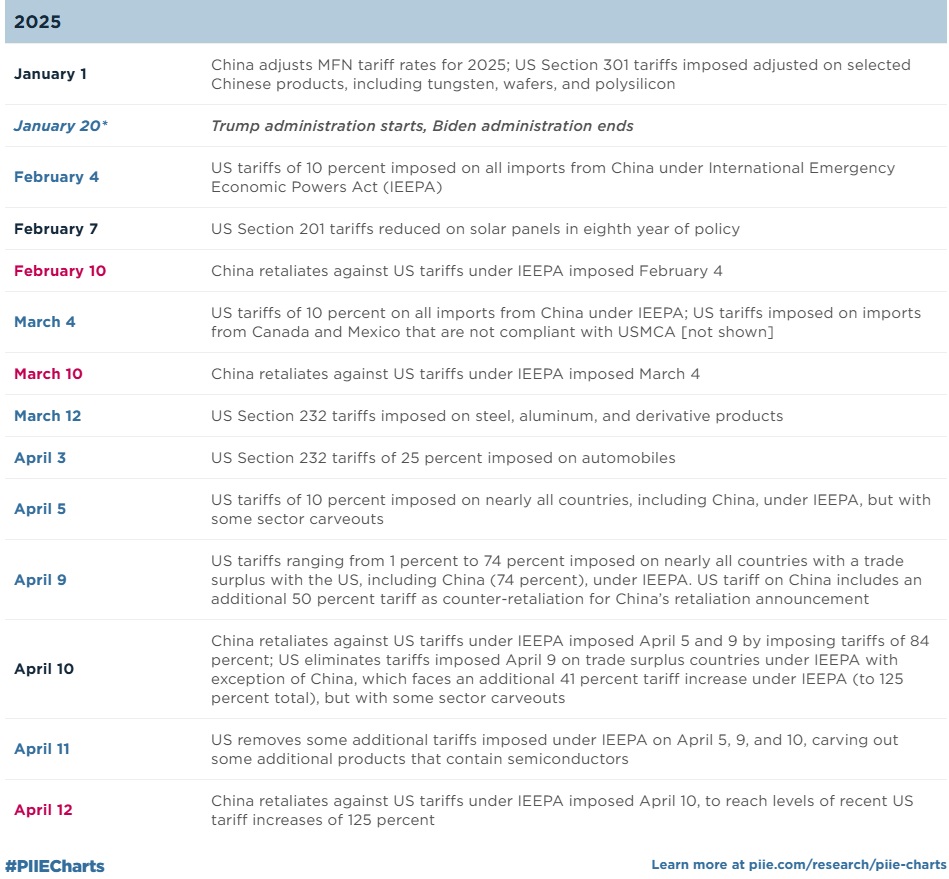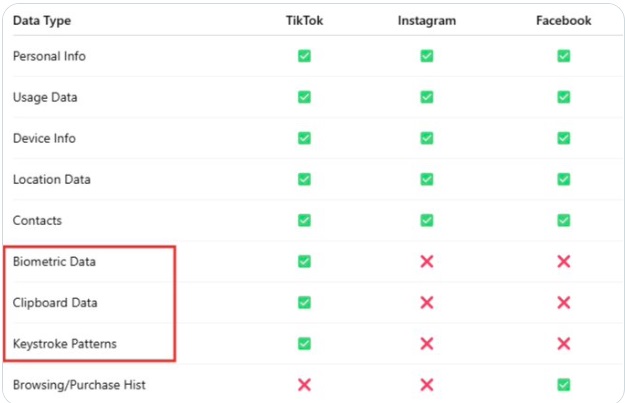Last weekend we went and saw Sinners, the movie everyone is talking about. It was good. It’s the Reformation Blues Brothers. Jake and Elwood were on a mission from God to save a Catholic orphanage runs by nuns. In The Blues Brothers, the first half of the movie is all about those two brothers getting the band back together. Sinners is about two brothers, Smoke and Stack, with their cousin, Sammie (no relation) from a Baptist church–well, also getting the band together as they open a juke joint. The Blues Brothers, to save themselves from rednecks in a honky tonk bar play a country music song Rawhide and then Stand By Your Man. Some white vampires, after turning a bunch of the juke joint’s patrons into vampires, perform a traditional Irish song (one antecedent of American country music) while dancing traditional Irish dances. Jake Blues has to deal with his angry ex-wife. Stack has to deal with an angry ex as well. The last part of the Blues Brothers is an extended orgy of a car chase. The end of Sinners is an extended orgy of a fight with the vampires. Sinners has a host of other similarities and thematic rhymes to the Blues Brothers. Now we don’t think Ryan Coogler, who wrote and directed Sinners, purposefully made a reformation Blues Brothers, but we do think that’s what ended up happening. And he does it very well. It’s a fun, thought-provoking movie with two musical scenes that are as successful as any you’ll see in any musical that also illuminate how music builds on the past and how cultural appropriation creates a greater whole.
We’ve got a full tank of gas, half a pack of cigarettes, worries about Pakistan-India clashes, eyes on battery storage, concerns about U.S.-China policy. It’s dark and we’re wearing sunglasses. It’s this week’s International Need to Know, the Stack of international information, the Smoke of global data.
Without further ado, here’s what you need to know.
We showed a chart last week about how more and more of Apple’s iPhones are made in India. Well, later in the week it was reported that Apple plans to make all iPhones destined for the U.S. in India. Supply chains are changing fast.
Worry About This
Your worry cup is probably overflowing—you’re going to need a bigger glass, larger than Big-Gulp-sized, able to hold the largest Slurpee you can imagine. Because you need to add India-Pakistan tensions to your mug of worries. In the last week, clashes have erupted on the two nuclear powers’ borders. MSN reported, “A shootout occurred on the Pakistan-India border on Friday, April 25.” That followed a previous clash elsewhere on the border, which itself followed another incident in North Kashmir. The issues between the two countries are long-standing so one can’t just blame America’s current chaos on it. But as we wrote in our Substack article, The Third Man, “We are back to…a 19th Century world, where the most powerful countries battle each other for influence, territory and wealth. A zero-sum game that in the end nobody wins.” India is far more populous than Pakistan and in the last twenty years it has done far better economically. But Pakistan’s nuclear capability is a powerful deterrent. Or you can view it as an even more dangerous tool and potential flashpoint. Views vary on this point. As we have written previously, we are in the most dangerous era of human history, or at least since a tiny band of humans struggled to hold on when making their way out to the wider world.
Storage Wars
On April 16, for the first time, Spain ran its grid entirely on renewable energy. On April 28, the country had a nationwide blackout. Lots of conservative, anti-climate change believers claim the two are connected. Spain has not yet announced what caused the blackout, and we have no idea, not being either a grid or Spain expert (though we’ve had electrifyingly good tapas before). But we do know the world needs to continue to upgrade its grid and to add battery storage to build a more resilient energy system for the rapidly approaching solar future. Visual Capitalist lists the countries with the largest battery storage capacity. No surprise that China is number one, with big plans to install more. The U.S. is a distant second. Spain is not even in the top twenty. Visual Capitalist listed total capacity, but what about per capita? By that measure Ireland comes out on top and the U.S. remains second. China falls to fifth. Countries that build out lots of battery storage and upgrade their grids the rest of this decade will be winners economically as solar and wind power continue to become cheaper than fossil fuels. Not only will their energy systems be more resilient, but the energy abundance will allow them to do more projects.
China Corner: Incoherent U.S.- China Policy
When we have time, we’ll write about this at more length on Substack, but the complete incoherence of U.S. China policy is remarkable. On X and other platforms defenders of Trump discuss how brilliant his tariff war is as a strategy against China. As we’ve written about, there are plenty of folks in the Trump administration who are deeply worried about China. But Trump himself is mostly worried about the trade deficit with China. Which is why you end up with Trump breaking the law by twice creating out of legal thin air a pause on banning TikTok. And such nonsense leads to the results reported in the New York Times, “Chinese manufacturers are flooding TikTok and other social media apps with direct appeals to American shoppers, urging people to buy luxury items straight from their factories.” We were never much of a fan of the TikTok law—we would have approached whatever threat TikTok poses in a different way, and we would have approached privacy issues that TikTok most certainly has, more comprehensively across all social media sites. But Congress overwhelmingly passed the bill. President Biden signed it. The U.S. Supreme Court ruled it completely constitutional. But Trump, as he has elsewhere, ignores the law (the constitutional crisis began long before deporting people without due process) and he does so in a way that allows TikTok to help subvert his tariff policy—a policy his supporters think is so strong and smart to confront China, even as he continues issuing exemptions to it. Derek Thompson sums up this whole phenomenon well in this X post.
Yet another study comparing TikTok to other platforms, this one by Brett Trembly, shows TikTok is more intrusive in collecting data than other social media platforms (though they’re all pretty intrusive)





